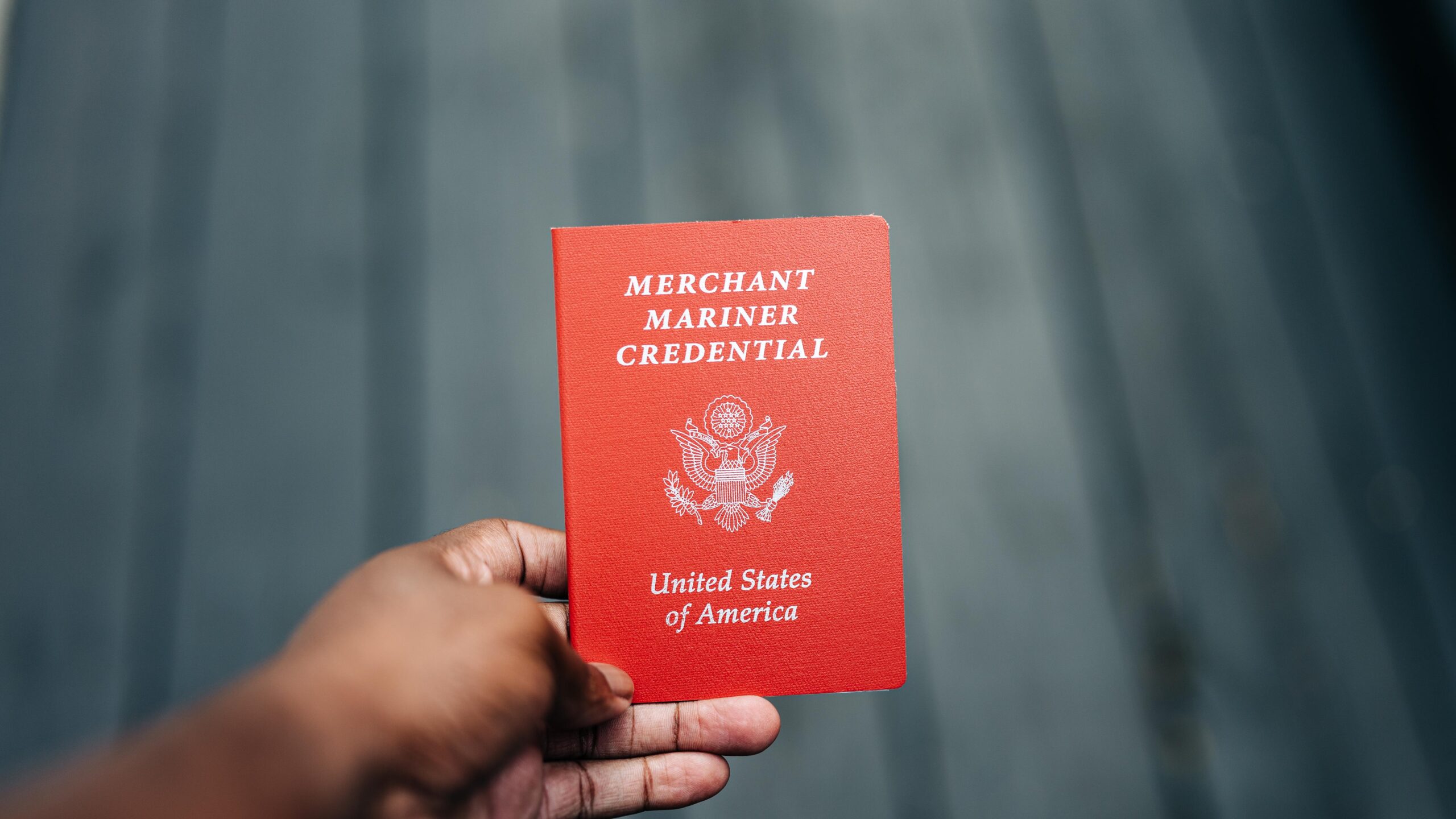The maritime industry offers vast career opportunities across navigation, engineering, and vessel operations. To access these roles, professionals must meet specific certification requirements that validate their competence and safety training. One of the most essential qualifications is the merchant mariner credential (MMC). Issued by the United States Coast Guard, this document authorizes individuals to work in various capacities aboard U.S. merchant vessels. Holding an MMC is more than a legal requirement; it’s a professional gateway that helps mariners advance their careers, qualify for higher positions, and explore global job prospects within the shipping and marine sectors.
What Is an MMC?
The merchant mariner credential is an official identification document that combines multiple certificates into one comprehensive record. It confirms that the holder meets U.S. and international maritime standards for training, medical fitness, and experience. Each MMC includes endorsements based on the individual’s role, such as deck, engine, or steward departments. It’s valid for five years and is required for anyone working on commercial vessels in U.S. waters.
How the MMC Expands Career Opportunities
Earning an MMC allows mariners to qualify for a wide range of positions, from entry-level ratings to licensed officers.
Deck Department
Professionals in this category manage vessel navigation, cargo operations, and safety procedures. The MMC makes them eligible for jobs like Able Seaman or Mate.
Engine Department
Engineers and technicians who maintain propulsion systems and onboard machinery need specific endorsements under their MMC. These enable them to pursue roles like Assistant Engineer or Chief Engineer.
Steward Department
Mariners working in catering and hospitality onboard ships can hold MMC endorsements for steward or cook positions, which are essential for passenger and commercial vessels.
The MMC’s flexibility also supports career growth. With additional training and sea service, mariners can upgrade their endorsements and move into higher ranks or new departments.
Steps to Obtain an MMC
To apply for an MMC, applicants must first secure a Transportation Worker Identification Credential (TWIC). They must then apply to the National Maritime Center, along with proof of citizenship, medical fitness, and any required training certificates. Background checks, drug tests, and sea service documentation are also part of the process. Once approved, the MMC serves as the primary license to work aboard U.S. vessels and participate in international shipping operations.
Benefits Beyond Certification
Holding an MMC demonstrates professionalism and readiness for maritime service. It assures employers that a mariner meets the global safety and competency standards set out in the STCW Convention. Beyond compliance, it opens access to well-paying jobs, international travel opportunities, and diverse roles in commercial, research, and government fleets. For those transitioning from military service, the MMC provides a clear pathway into civilian maritime careers.
Conclusion
The merchant mariner credential plays a vital role in shaping maritime careers. It verifies a mariner’s qualifications, supports continuous growth, and connects skilled professionals to opportunities worldwide. Whether navigating vessels, maintaining engines, or managing onboard operations, the MMC acts as a bridge between training and employment. For anyone seeking a rewarding and mobile career in the maritime field, earning this credential is a practical and powerful first step toward long-term success.
